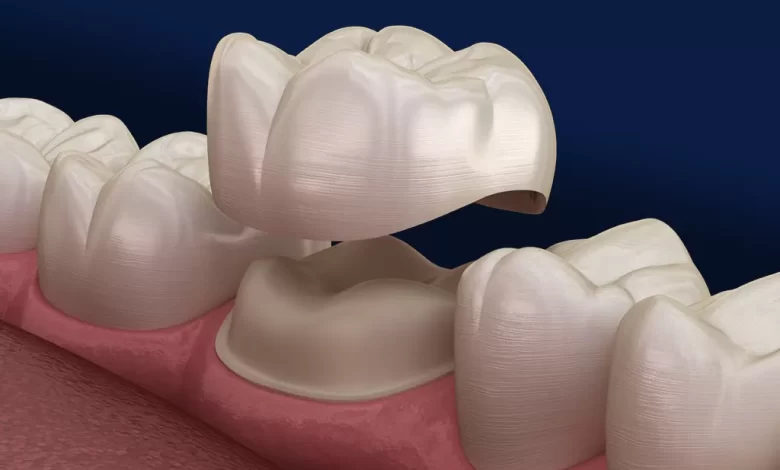Can Cavities Develop from a Dry Mouth?

Xerostomia is another name for dry mouth, which occurs when the salivary glands in the mouth do not produce enough saliva. A dry mouth is often a temporary condition brought on by dehydration. In other cases, mouth dryness is a chronic issue that many people face in Leduc. Medical problems, including diabetes or a swollen salivary gland, may lead to dry mouth.
Oral health issues may occur when we do not produce enough saliva. Our dental health depends on saliva, which shields our teeth and gums from erosion and acids. Saliva keeps our mouth and teeth healthy by washing away food particles and microbes. A dentist can help you with dental crowns in Leduc, AB, dry mouths, and more to guide you about your oral health.
How Can Dry Mouth Affect Your Well-being?
Gum disease, tooth decay, yellowing, and enamel erosion are just a few of the problems that can result from dry mouth. Gum disease, which raises the risk of cavities and tooth decay, may arise from bacteria that are not removed from the body and plaque and tartar buildup. Gum disease may result in tooth decay or even loss if left untreated.
Low saliva production encourages germs and acids to stay on your teeth for longer, which can cause enamel erosion or tooth decay. Your teeth can become stained or discolored if the amounts of acid and plaque are high. To make sure your mouth and teeth are clean and free of decay, it is essential to keep up with routine dental examinations and cleanings.
How Can Dry Mouth Be Treated?
The good news is that you can restore the condition of your teeth and gums and treat dry mouth. The type of treatment needed will depend on the severity of the injury. Crowns, gum treatments, and fillings are examples of restoration options.
Ways to Prevent Dry Mouth
- Drink lots of water to stay hydrated.
- Use an over-the-counter saliva therapy or substitute.
- Increase the amount of moisture in the air as you sleep by using a humidifier.
- Chew sugar-free gum to promote the production of saliva.
Maintain your oral hygiene routine by flossing and brushing each day to avoid the buildup of bacteria and plaque.
Problems Related to Dry Mouth
In addition to cavities, dry mouth also causes additional issues. Gum disease and serious tooth decay can occur if dry mouth is left untreated. According to the Oral Cancer Foundation, dry mouth actually contributes to 30% of tooth decay in older persons.
If left untreated, dry mouth may result in further medical issues like:
- Trouble speaking
- Fungal infections
- Hoarseness
- Having trouble swallowing and chewing food
- Dry nasal passages
- Having trouble wearing dentures
Signs and Causes of Dry Mouth
If you have a persistent dry mouth, it may be caused by one or more of the various factors that lead to xerostomia. In some cases, your dry mouth is supposed to go away once you stop taking certain drugs, treatments, activities, or behaviors. If your salivary glands are damaged, you might also be suffering from chronic dry mouth.
Dry mouth is a sign of multiple health issues. See your dentist or doctor to determine the cause of your chronic dry mouth if it has persisted for more than a week.
Dry mouth can be caused by:
- Dehydration, often known as insufficient intake of water
- Anxiety or stress
- Numerous drugs: examine the adverse effects of your prescriptions.
- Radiation therapy and chemotherapy for cancer
- Immune system disorders, such as Sjögren’s syndrome
- Diabetes and HIV/AIDS
Ways to Improve Your Dental Health
There are various effective options for improving dental health and curing dry mouth. Your dentist may suggest a saliva substitute or prescribe medicine to help boost saliva production.
Here are a few home remedies for dry mouth
-
Sugar-Free Mints or Gum
Gum and mints increase saliva, which helps combat dry mouth.
To help prevent cavities, look for products that contain xylitol, a sugar replacement.
-
Regularly brush and floss.
Plaque accumulation can be prevented by maintaining proper dental hygiene. The acidity of the plaque that forms on your teeth erodes your tooth enamel, increasing your risk of cavities.




